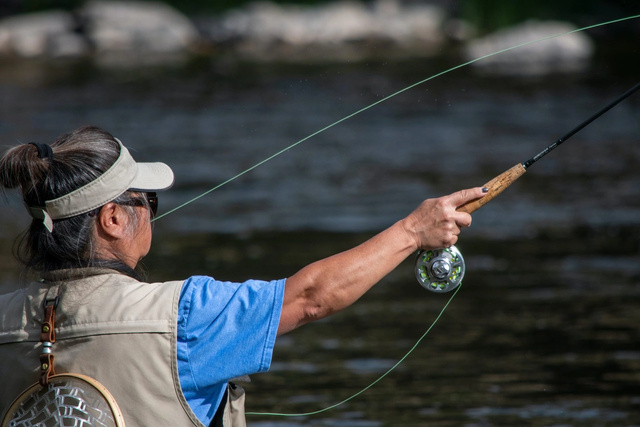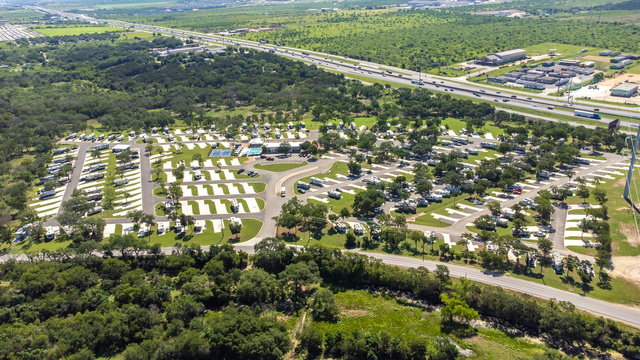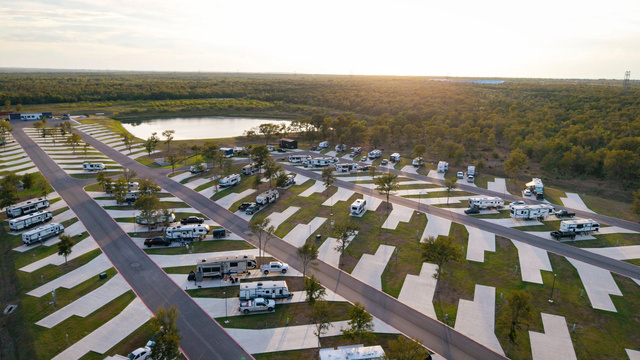Fishing can be a rewarding hobby without breaking the bank, provided certain considerations are kept in mind from the beginning. Here are a few points to consider before jumping in and beginning this exciting sport!
Air pollution is an ongoing health crisis that kills an estimated 90,000 Americans every year in the US alone. Fishing offers an excellent way to get outdoors and breathe in fresh, clean air while simultaneously developing important skills.
While fishing, do:
- Be flexible and go with the flow of the weather, the fish, and other anglers.
- Try new fishing spots – you never know what spot may be better than another.
- Pass your passion for fishing on to younger generations.
- Your research and/or talk to other anglers in the area.
That said, don’t:
- Put off fishing for next season. Time flies, so make the most of it and plan your next trip soon!
- Forget all of your fishing gear. In fact, throw it in the truck now!

Buying the Right Equipment
No matter if you fish for food or recreation, having the appropriate equipment can make the experience far more enjoyable and successful. Selecting gear tailored specifically to your individual needs can also save money over time as quality fishing gear tends to be quite costly. Reputable online and physical stores should carry reliable options to maximize the return on your investment. Be sure to store and care for your gear properly to maximize its lifespan!
Fishing is an enjoyable activity that has been practiced for millennia. Although fishing requires patience, the rewards can be huge if you have the proper tools.
Choosing the Right Bait
Bait can make or break your fishing experience. From natural to artificial options, choosing something that attracts the fish you’re trying to catch is key.
Natural baits such as worms, squid, and shrimp may be more appealing to fish due to their natural look and smell. However, it’s important to remember that transporting live bait between locations could disrupt ecosystems and cause the fish you’re targeting to completely disregard your bait.
Temperature and weather conditions should also play an important part in selecting bait. When fishing in cooler water in the morning or evening, top-water bait may be more effective; when conditions heat up during the daytime hours, switching over to jigs or worms could prove more successful.

Finding the Ideal Fishing Spot
No matter the time or place, fishing provides relaxation and brings bounty! From placid lakes and peaceful rivers to deep ocean waters, there are an array of locations from which you can choose.
Finding an ideal fishing location is crucial, so it’s wise that you invest some time into finding it. Considerations must be given to water temperature, dissolved oxygen levels, and more when selecting an ideal spot.
Find a spot that has produced well under similar conditions and stick with it; the effort will pay off! Use Google Maps to inspect beach depth levels and identify where the optimal fishing spots might lie.
The Best Time of Day to Fish
Timing your fishing trips properly can have a dramatic effect on your success rate. Depending on your target species, certain times may prove more fruitful than others.
Largemouth bass typically bite well during spring and summer mornings from two hours after sunrise until two hours after noon or three hours prior to dusk. These times tend to have warmer water temperatures.
However, water that is too warm may starve fish of oxygen and force them into deeper waters, making fishing much harder than it needs to be. Therefore, it may be prudent to wait for temperatures to come back down before setting out again.

Know When and Where to Get a Fishing License
Before going fishing, it is crucial to familiarize yourself with the rules and regulations. Acquiring a license can help support wildlife preservation and fishery services; fees from licenses help fund efforts such as habitat restoration, research projects, stocking activities, and public access opportunities. Check the local fishing websites or check in with a local bait shop for detailed information.
Respect property boundaries and respect other anglers’ rights when fishing on private property. Trespassing will damage your reputation as an angler, possibly leading to fines or legal action. Respecting property rights also helps foster relationships between landowners and anglers.
Piers, docks, and boat ramps can become very crowded as other anglers arrive to launch or dock quickly. You may require a license if fishing from these locations.






